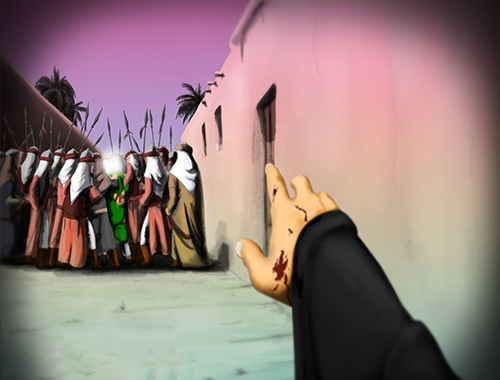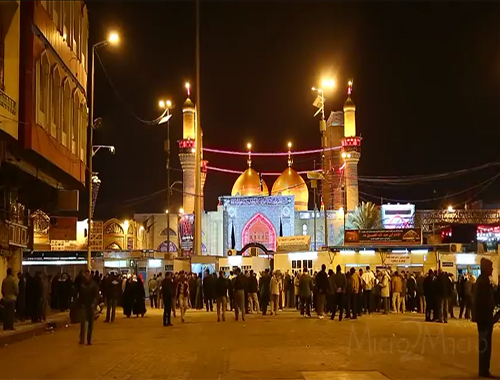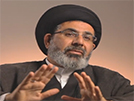Helping a sinner in some other way
- Details
- Hits: 2193
Helping a sinner in some other way
Is it allowed to help a sinful person, by way of giving loan or solving his difficulties to one who does not pray or is an alcoholic? Sometimes it is very difficult to decide as to what is the proper course of action in such circumstances, because we are commanded to maintain a distance from sinners. Thus ‘Ali (a.s.) says:
“The Messenger of Allah has ordered us to be unfriendly with the sinful people.”
(Wasa’il ul-Shia)
Hazrat Imam Sadiq (a.s.) rebuked his followers:
“It may happen that in your social circle one of your Shias does evil, and you do not prevent him nor dissociate with him nor hurt him, till he gives up his evil deeds.”
(Tehzīb)
There are several traditions regarding certain specific sins. For example:
“One who helps a person who does not pray, with a morsel of food or a piece of cloth, is as if he has murdered seventy Prophets, the first of whom being Adam (a.s.) and the last, Muhammad (S).”
(Layali AkhbÄr)
In another tradition the Holy Prophet (S) says:
“One who smiles at a person who does not pray, is as if he had demolished the Holy Ka’ba seventy times.”
(Layali AkhbÄr)
The Prophet of Allah (S) also says:
“One who helps a person who does not pray, with a drink of water, is as if he has made war upon me.”
(Layali AkhbÄr)
Other traditions of this kind are against associating with alcoholics, with those who cut off relationships with their kith and kin and with liars. On the other hand we have traditions that emphasise the respecting of a believer’s rights, helping and socialising with the followers of Ahl ul-Bayt (a.s.), the Sayyads, the neighbours etc.
The latter kinds of traditions are not conditional. For example it is obligatory to do Silet ar-Rahm with one’s kindered and it is not a necessary condition that the relatives should be pious. We have discussed this matter in the chapter of Silet ar-Rahm and the rights of parents. Even if they are unbelievers we have to fulfill our duties towards them. In the same way the Holy Prophet (S) says regarding Sayyads:
“Respect my descendants, be kind towards the righteous from among them for the sake of Allah and towards the non-righteous ones for my sake.”
Imam RiÄa (a.s.) says the following with regard to the devotees of the Progeny of Muhammad (S):
“Be a friend of the Progeny of Muhammad even if you are a trangressor and befriend their friends even if they are transgressors.”
As far as the rights of neighbours are concerned we are told that if your neighbour is a Muslim he has double rights upon you (One of neighbourhood and another of being a fellow Muslim). If he is an infidel he still has the right of neighbourhood on you.
(Mustadrak ul-Wasa’il)
On the basis of the above it is incumbent to befriend the followers of Ahl ul-Bayt (a.s.), help them and fulfill their needs even if they are not pious. We must respect the Sayyads and fulfill our rights towards the kindered even if they are sinners.
Secondly when one is faced with more than one obligation at a time, one should try to fulfill all if it is easy to do, if this is difficult, one should fulfill the one which is more important.
For example when one is faced with a situation when one is keeping an obligatory fast and a child is drowning in a pond. If he jumps into the pool his head will submerge and the fast will become invalid, but since it is more important to save a human life it becomes Wajib for him to jump into the pool. According to Shari’a breaking a fast is a lesser evil than allowing the death of a human. By doing this he would not be liable for the punishment of breaking a Wajib fast. On the other hand he will be deserving of Divine reward for saving a human life.











